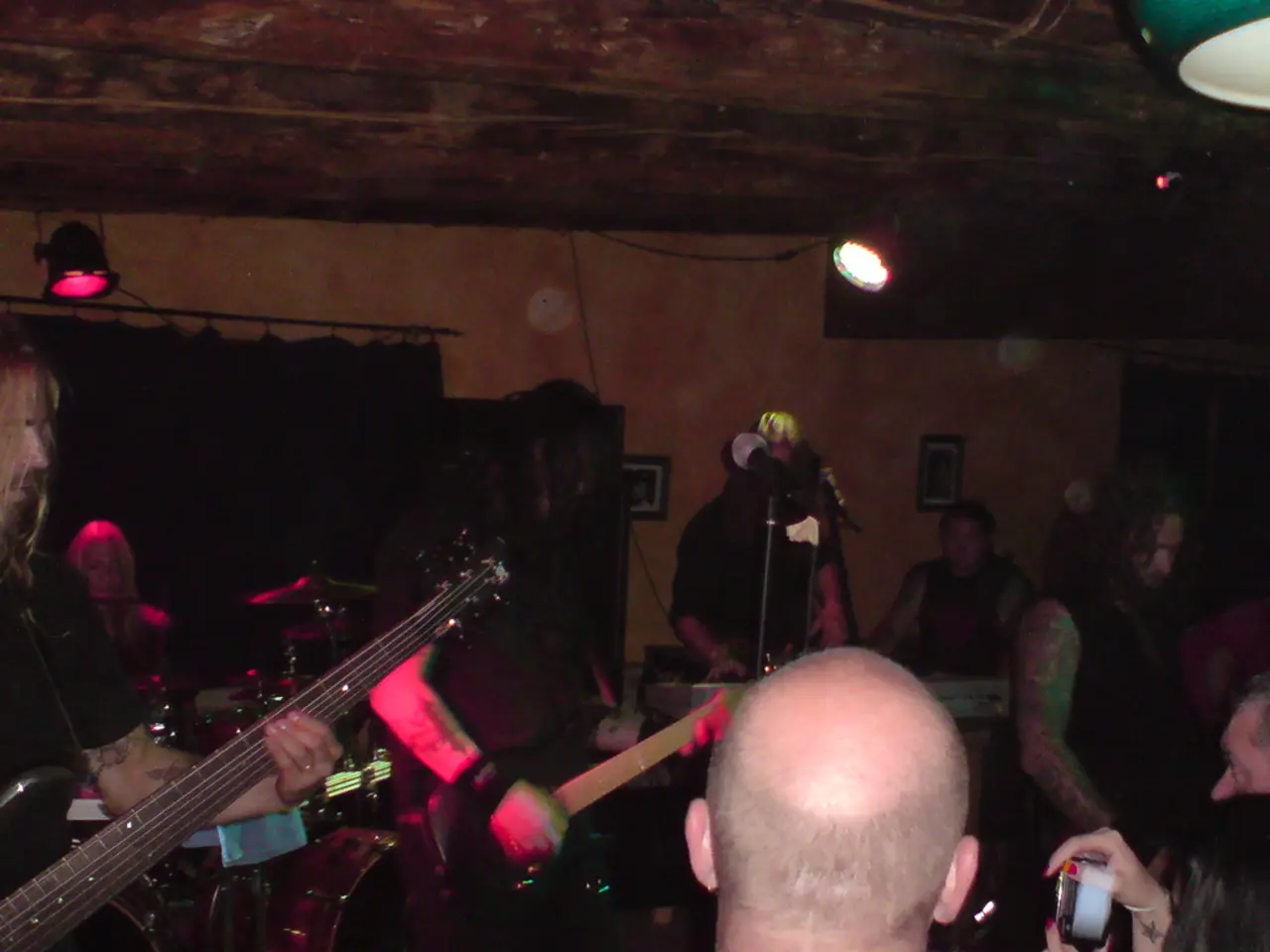Honoring the Legendary Pianist and Jazz Maestro Eddie Palmieri
Eddie Palmieri: Pioneer of Salsa Music
Eddie Palmieri, a renowned pianist, bandleader, and composer, passed away on Wednesday at the age of 88. Born in New York City in 1936 to Puerto Rican immigrants, Palmieri grew up in Spanish Harlem before moving to the South Bronx at the age of 5, where his family opened an ice cream parlor.
In his early teens, Palmieri began playing timbales in his uncle's band, performing in dance halls and up in the Villas, which were much like the Borscht Circuit or the Catskills here. His love for music led him to take piano lessons when he was 8 and to lead his first band at 14.
Palmieri's musical journey took a significant turn in 1960 when he formed his own band, Conjunto La Perfecta, a year after leaving Tito Rodriguez. He learned a tremendous amount from Rodriguez, who was known for his showmanship and running a band. The new sound that Palmieri created with Conjunto La Perfecta was compared to the sound of roaring elephants.
In 1961, Palmieri borrowed $1,000 to pay for a month's rent on a nightclub in the Bronx, using it as a headquarters to experiment with various musical lineups for music he wanted to record. This experimentation led to the creation of his first album, "La Perfecta," which came out in 1962.
"La Perfecta" was highly significant in launching the salsa movement because it introduced a revolutionary sound characterized by the use of trombones instead of the usual trumpets, creating a heavier, more muscular, and bottom-heavy style that became the blueprint for salsa dura (hard salsa) music. This bold instrumentation choice, known as the "trombanga" sound, helped define the new salsa genre's musical identity during a time when Latin music was still dominated by other popular styles.
The success of "La Perfecta" marked a pivotal moment in the evolution of Latin music, setting the stage for salsa to become a dominant force in the 1960s and beyond. Palmieri's band performed at various hotels in the Catskills, including Kutsher's Country Club and Brown's, and at the famous Palladium. Interestingly, his band played for four different unique ethnic groups on four different days at the Palladium.
Throughout his life, Palmieri performed and recorded tirelessly, winning multiple Grammys, including a Latin Grammy Lifetime Achievement Award, and was recognized as a jazz master by the National Endowment for the Arts. His growling on the piano, a result of the owner of his first recording being confused by the sound and wanting to gag or cover the piano, became a signature part of his style.
In 1994, Palmieri spoke with Terry Gross about his childhood and early music career. He shared stories about working up in the Villas in 1950 and 1951, and about the influence of Tito Rodriguez on his music. His band sometimes wore uniforms that resembled waiters, a unique touch that added to their distinctive image.
Recently, Palmieri's music has been featured in the new Spike Lee film, "Highest 2 Lowest," starring Denzel Washington. The film has a spectacular chase scene during a Puerto Rican Day celebration in the South Bronx, with Palmieri's Salsa Orchestra serving as the backdrop.
Eddie Palmieri's music will continue to influence and inspire generations of musicians. His legacy lives on in the dance halls and up in the Villas, in the Catskills and the Palladium, and in the hearts of those who love salsa music.
- Eddie Palmieri's revolutionary sound in salsa music, characterized by the use of trombones, created a new style that ultimately defined the musical identity of salsa during a time when Latin music was dominated by other popular styles.
- Eddie Palmieri's music, which includes the energetic and bottom-heavy salsa style, has been featured in the new Spike Lee film, "Highest 2 Lowest," showcasing its enduring appeal and impact on entertainment.






